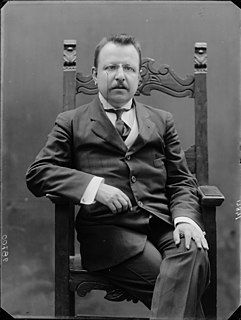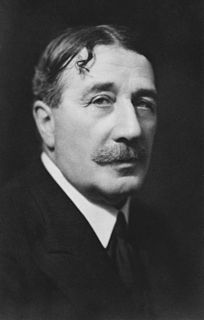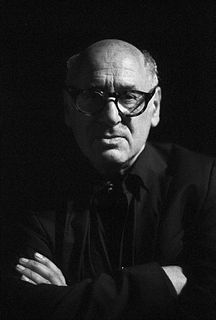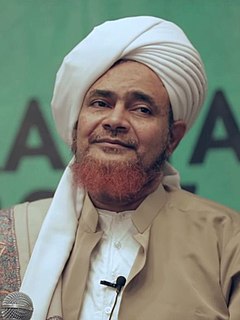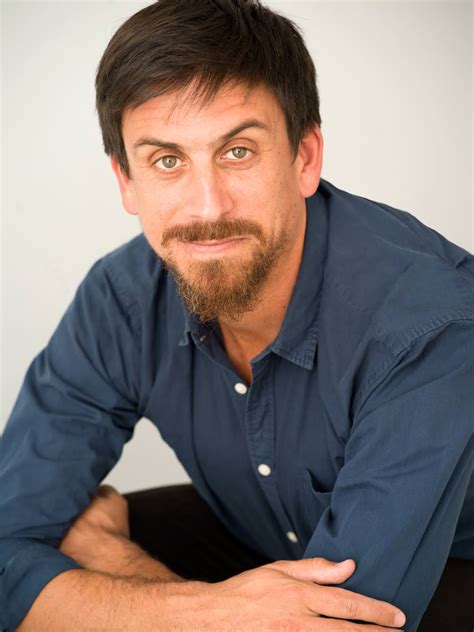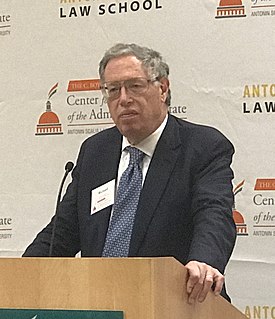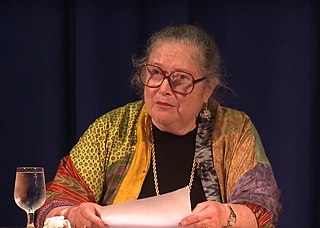A Quote by Gloria E. Anzaldúa
We are taught that the body is an ignorant animal intelligence dwells only in the head. But the body is smart. It does not discern between external stimuli and stimuli from the imagination. It reacts equally viscerally to events from the imagination as it does to real events.
Related Quotes
The line that I am urging as today's conventional wisdom is not a denial of consciousness. It is often called, with more reason, arepudiation of mind. It is indeed a repudiation of mind as a second substance, over and above body. It can be described less harshly as an identification of mind with some of the faculties, states, and activities of the body. Mental states and events are a special subclass of the states and events of the human or animal body.
There's a particular sensitivity required to be an artist, and a certain vulnerability, perhaps, and also, somewhere between, you're in your body a lot, too. It's much more physical than one would imagine because I think it's the body where the imagination lives somehow. I do feel the imagination isn't just in the brain up there.
And what is the great thing that the stage does? It cultivates the imagination. And . . . the imagination constitutes the great difference between human beings. . . . The imagination is the mother of pity, the mother of generosity, the mother of every possible virtue. It is by the imagination that you are enabled to put yourself in the place of another.
There's one uneasy borderline between what is external and what is internal, and this borderline is defined exactly by the sense organs and the skin and the introduction of external things within my own body. Consciousness is altered by physical events and physical objects, which impinge upon my sense organs, or which I introduce into my body. Now the name traditionally given to external objects or processes which change you internally is sacrament. Sacraments are the visible and tangible techniques for bringing you close to your own divinity.
I think imagination is at the heart of everything we do. Scientific discoveries couldn't have happened without imagination. Art, music, and literature couldn't exist without imagination. And so anything that strengthens imagination, and reading certainly does that, can help us for the rest of our lives.
All my desires are born of my dreams. And I have proven my love with words. To what fantastic creatures have I entrusted myself, in what dolorous and ravishing world has my imagination enclosed me? I am sure of having been loved in the most mysterious of domains, my own. The language of my love does not belong to human language, my human body does not touch the flesh of my love. My amorous imagination has always been constant and high enough so that nothing could attempt to convince me of error.







